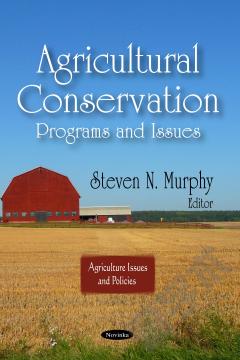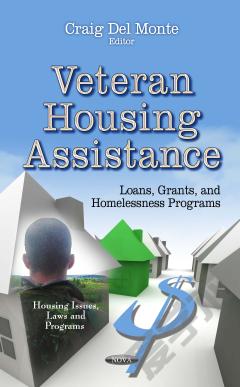Farm Programs: Preventing Payments for Excessive Incomes and Deceased Individuals
In light of high farm incomes and constrained federal budgets, the cost of federal farm and conservation programs, about $15 billion annually from 2009 through 2012, has come under scrutiny. Under the 2008 Farm Bill, participants whose incomes exceed specific limits are ineligible for certain program payments. The USDA’s Farm Service Agency (FSA) makes income eligibility determinations for programs it administers and also for conservation programs administered by the Natural Resources Conservation Service (NRCS). The FSA verifies that participants have incomes below the limits by reviewing either tax returns (with consent from participants) or statements from accountants or attorneys. The Government Accountability Office (GAO) was asked to review FSA’s income verification practices. Another concern has been the distribution of benefits to ineligible participants, including potentially improper payments to deceased individuals, which, as the GAO and others have reported, may call into question whether these farm safety net programs are benefiting the agricultural sector as intended. This book examines the FSA’s (1) review of tax returns and (2) review of accountants’ and attorneys’ statements and (3) FSA’s and NRCS’s recovery of payments to participants who exceeded income limits and (4) the extent to which procedures are in place to prevent the FSA and NRCS from making potentially improper payments to deceased individuals.
{{comment.content}}








 京公网安备 11010802027623号
京公网安备 11010802027623号